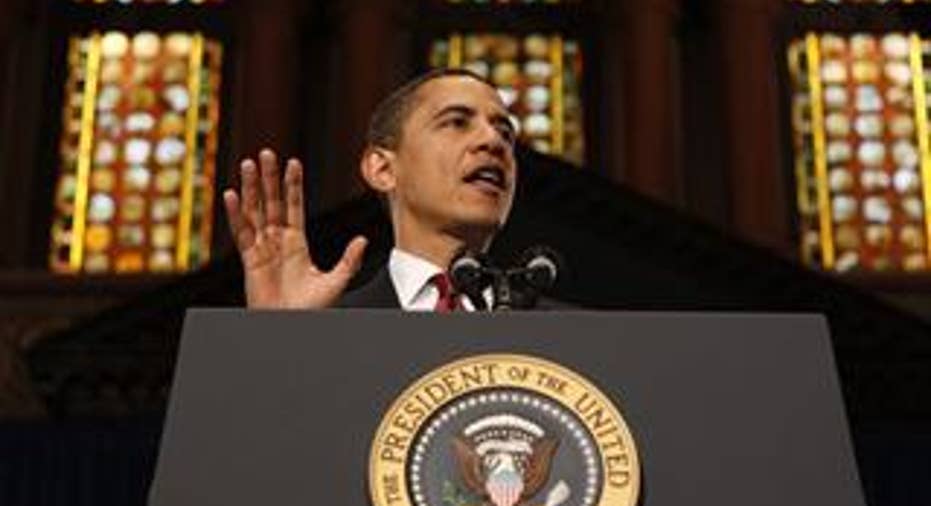Americans on Brink of Optimism in April

April showers may bring flowers, but this year more than daffodils are blooming. Bankrate's Financial Security Index shows that Americans' sentiments about their financial security may be turning positive for the first time since polling began in December 2010.
Note that the index is at a tipping point. In April, the Financial Security Index registered at 99.9, the highest ever so far. Any reading greater than 100 indicates improving financial security compared to a year ago, while any reading less than 100 indicates decreasing financial security compared to last year. So Americans still haven't crossed the threshold into feeling more secure, but they're close.
In just about every category, there was marked improvement from just last month. The lone exception was job security, which slipped following the disappointing March jobs report released April 6. Just 1 in 5 Americans say they are more secure in their jobs compared to last year, and 22% are less secure. The majority feels about the same.
More comfortable with savings and debt
Americans' feelings on savings rose for the fifth consecutive month, with the margin between those who feel less secure and those who feel more secure nearly cut in half since December. However, the outlook seems to dampen with age. Those younger than 30 tend to be more comfortable with savings, while those 50 and older are less comfortable compared to other age groups.
Attitudinal change about debt was just as dramatic, and here income plays a major role.
"Americans' comfort level with debt is now the highest since June 2011," says Greg McBride, CFA, Bankrate's senior financial analyst. "Households with annual income of $50,000 or higher are more comfortable than other groups while households with income under $30,000 are less comfortable."
With the stock market near four-year highs, more consumers are reporting higher net worth compared to a year ago than at any time since polling began in December 2010. Nearly one-third of poll respondents (29%) report higher net worth; 23% report lower net worth. Households with income of $50,000 or more are most likely to report higher net worth than last year.
Consumers' feelings about their overall financial situation also hit a new high, with 29% saying their overall finances are better today than 12 months ago, compared to 26% saying it's now worse. Again, the older-than-50 crowd is less upbeat than their younger cohorts, tending to report a worse financial situation than a year ago.
In light of the relatively sunny outlook on financial security, consumers should be feeling more optimistic about their prospects in the stock market, particularly with interest-bearing instruments paying such paltry yields. But Americans are not quite there yet.
"Low rates and the buoyant stock market have not been enough to sway investors' risk appetites," says McBride. "More than 3 out of 4 Americans, 76%, say they are not more inclined to invest in the stock market with savings rates so low, and just 18% of Americans say they are more inclined.
"Those under age 30 are only slightly more inclined to invest in the stock market, at 23%, despite having the luxury of long time horizons and a greater burden of retirement savings than any previous generations," he adds.
Sheyna Steiner explores Americans' nervousness about investing in her story, "Americans reject stock market investments." Also check out Bankrate's survey results and charts to see more details about April's Financial Security Index.



















